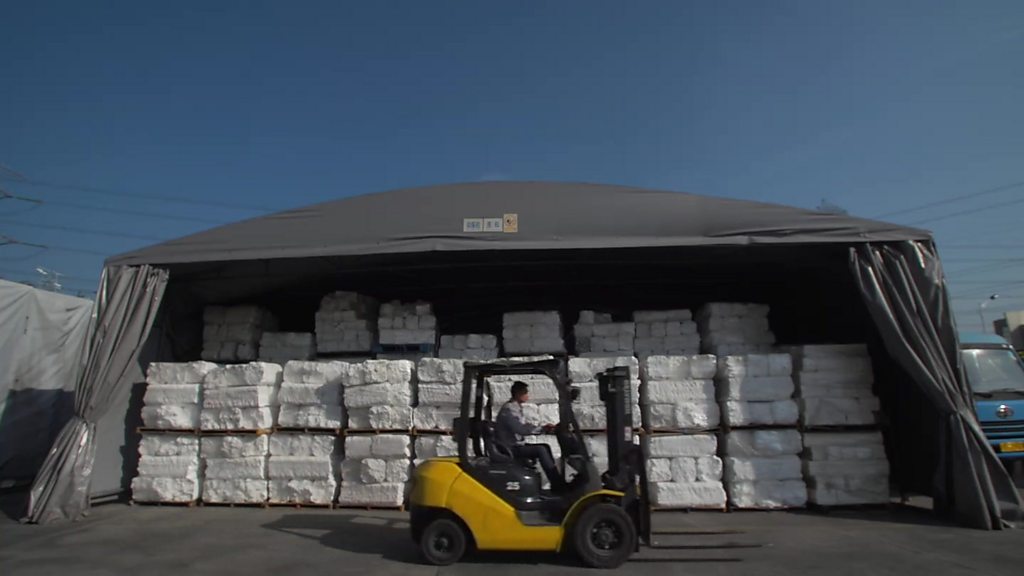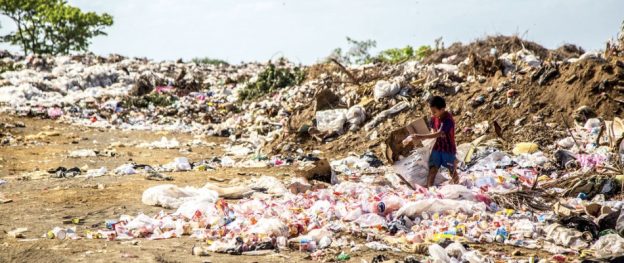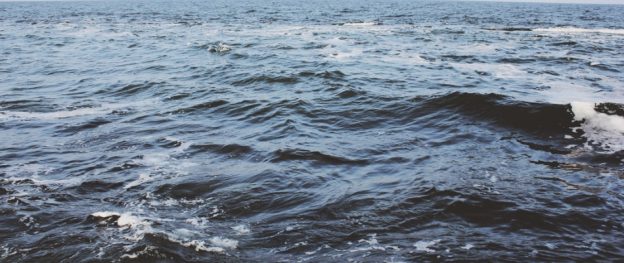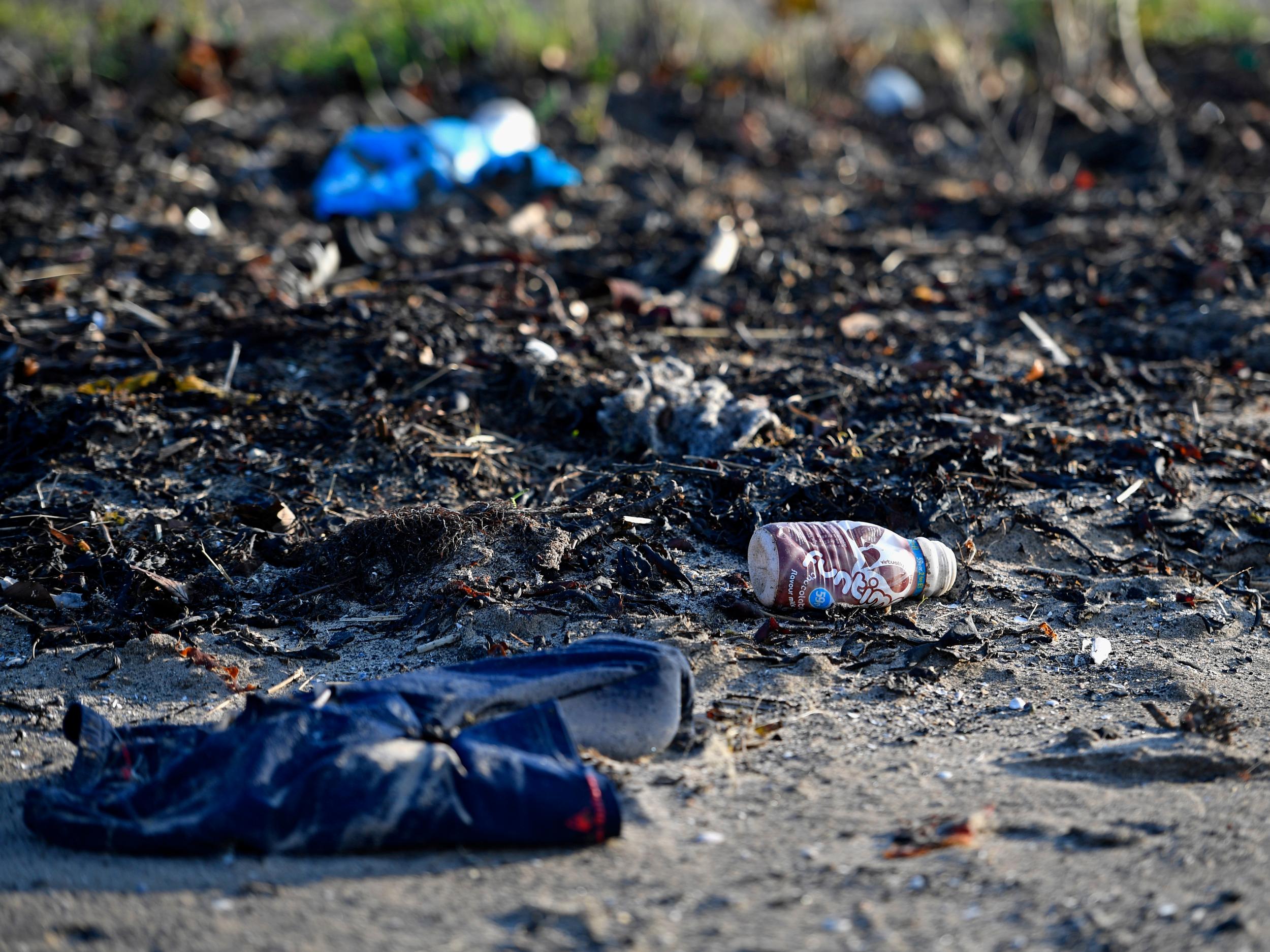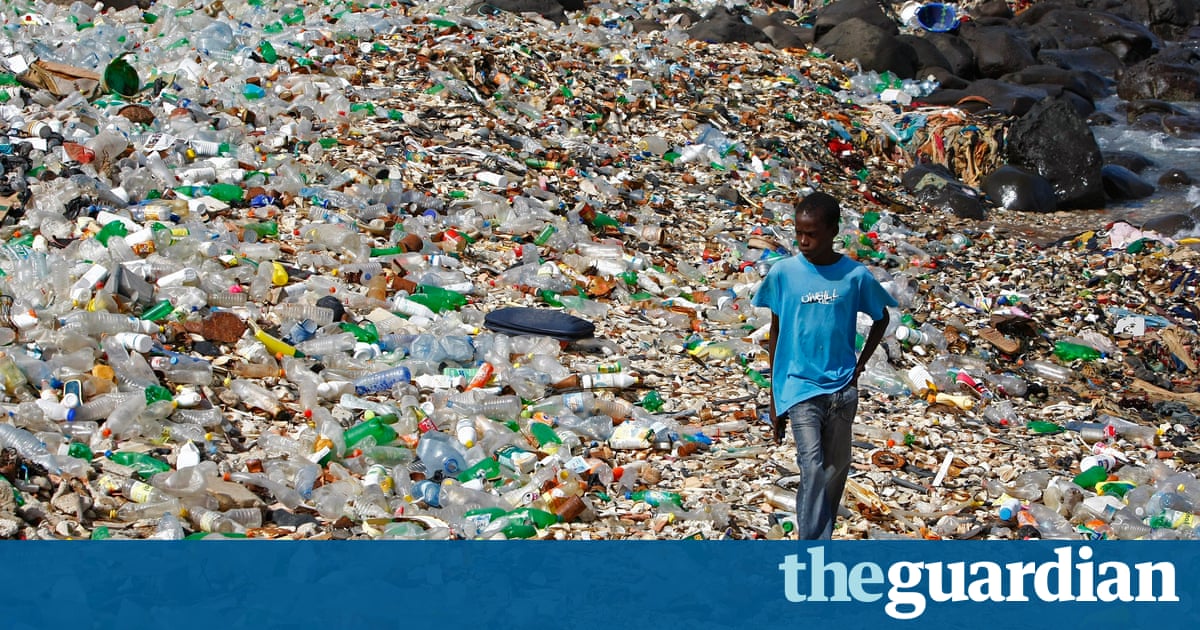Christmas should be an indulgent time of year, but as consumerism hits its November stride and December peak, our landfill use and C02 emissions increase.
Our festivities put a strain on the environment.
There are positive and low-impact steps we can all take to ensure a more eco-friendly festive season.
Gifts
Stocking fillers and one-use gifts tend to be plastic, and they tend to end up in landfill. Harvard academics have estimated that, in the US, ‘each adult spends an average 475 dollars on presents, and about half of these gifts are unwanted … A 2015 survey in Australia showed that 78.5% of people receive a gift they don’t want over the holiday season, and 13.7% of these people will throw away these unwanted gifts, rather than returning them to the store’.
- Think twice about buying something made of plastic that will be disposed of by January. If it will be funny for less than a day or two, save your money and help the environment.
- Return or re-gift unwanted items, and remember to include gift receipts in your Christmas parcels.
- Remember to take your own carrier bags to the shops.
- Have your online shopping delivered without bags where possible.
- Re-use packaging when you wrap and send your own gifts.
Cards
According to the BBC, 1 billion Christmas cards end up in landfill, where they can take up to 30 years to decompose. If all these cards were recycled rather than thrown away, it would help save the equivalent of around 248,000 trees.
- As well as recycling the cards you receive, try and buy cards made from recycled materials.
- Try and hand deliver to friends and family who live close by and further reduce your Christmas carbon footprint .
Trees
‘Britons decorate and throw away over 6 million real Christmas trees during the festive season which produces an extra 9,000 tonnes of waste’ (BBC).
- Avoid plastic trees. These are often made from unrecyclable materials, and are usually shipped from Asia, increasing their carbon footprint.
- Try and make use of local recycling and freecycling services to give away unwanted fake trees, or donate via your local council to a family in need.
- When buying a real tree, look out for the FSC (Forest Stewardship Council) certification. The Soil Association can give advice on eco friendly Christmas tree suppliers in the UK.
- Most importantly, recycle your tree! Many local councils provide services to remove and recycle real trees for free, or have drop-off points. The trees are chipped to provide mulch for gardens and parks, and make environmentally friendly animal bedding.
Merry Christmas, everyone!
https://blogs.harvard.edu/telegraph/2017/11/10/the-cost-of-giving-the-environmental-impact-of-christmas-gifts/
http://www.bbc.co.uk/religion/galleries/ethicalxmas/
https://www.soilassociation.org/blogs/2015/november/10/is-your-christmas-tree-costing-lives/
